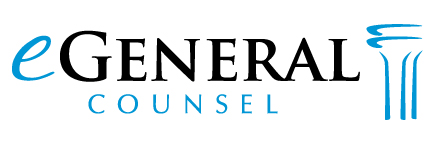 After a long wait, the SEC’s equity crowdfunding rules went in effect today, May 16, 2016. For the first time in the U.S., startups and other businesses can sell stock and other securities by listing on equity crowdfunding websites (known as “portals”).
After a long wait, the SEC’s equity crowdfunding rules went in effect today, May 16, 2016. For the first time in the U.S., startups and other businesses can sell stock and other securities by listing on equity crowdfunding websites (known as “portals”).
Unlike the popular crowdfunding sites such as Kickstarter and IndieGoGo, which do not allow the sale of stock or other securities, Crowdfunding portals must be registered with and licensed by the Securities and Exchange Commission (SEC) and the Financial Industry Regulatory Authority (FINRA), which treat them similar to securities broker-dealers.
Earlier this year, the SEC and FINRA began taking applications from portals, and several have begun operations today, including StartEngine, WeFunder, CrowdBoarders, NextSteed and SeedInvest. According to the SEC and industry sources, about 35 additional portal applications are in the pipeline.
Crowdfunding is subject to a number of rules, most importantly limiting the amount of securities that may be purchased by investors based on their income and net worth. A single company may raise up to $1 million in any 12-month period through equity crowdfunding.
For further information, please see our sister site, where you can download our Infographic comparing equity crowdfunding to other means of raising capital.

